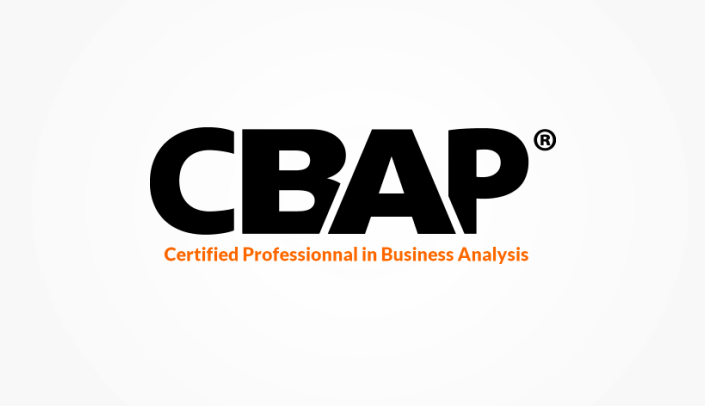Technology is no longer a geek’s game. Businesses across industries are jumping on board to enjoy the perks of automation. Contracts have been at the helm of chaos in the recent past, then AI steps in like savior guns blazing. Closing deals is the essential part of a contract process, yet businesses fail to maintain lasting relationships with stakeholders post-execution.
Contract management provides a variety of processes across departments while ensuring the creation of contracts remains in a central location. When a business manages contracts manually, it sets itself up for compliance, integration, and automation challenges. The lifecycle of a sound contract system stimulates easy execution and cross-referencing options.
A sound contract system inflates profitability because it increases productivity and reduces operational costs, much like monitoring software for employees. Managing contracts traditionally involves poring over mountains of data and exchanging information via email for hours on end
The human eye is susceptible to omission errors, and details that are the lifeblood of contracts can go unnoticed. You cannot afford to miss, ignore, or omit information such as numbers, dates, or key clauses that could mean win or perish for stakeholders. When businesses neglect binding contractual obligations, they soil their reputation with parties, and it is relationships that ensure continuity of business operations.
Relationship is the new currency, and companies cannot afford to operate under archaic methods that jeopardize the stability of business engagement.
When a business increases the volume of contracts, an efficient optimization system will save its workforce from burnout. Sales, finance, IT, and legal teams spend time creating, negotiating, and signing contracts across departments, and this process can be complex and exhausting.
Technology is unencumbered by errors that cripple efficiency in the lifecycle of a contract. Automation is responsible for affecting the wheels of change. A business that wants to optimize procedures should get on board and take advantage of in-built tools that improve customer experience.
A business that fails to embrace technology operates on a traditional waning method that is on the verge of financial ruin.
Importance of Contract Management
Before you invest in the software of your choice, consider the following benefits of contract management solutions.
Compliance
A powerful impediment to the success of a business is noncompliance. Compliance challenges can attract legal and financial implications from the government as well as contractual parties. Consider the failure to renew or terminate expired contracts and the cost implication on the profitability of a business. When you fail to terminate the services of a supplier, you might end up paying for services you no longer require or compensate them for wrongful termination.
The software flags deadlines in advance to allow parties to make appropriate adjustments. Contract software takes away the tedious process of tracking timelines manually.
It is Time-Saving
Suppose a healthcare procurement team member needs to initiate the purchase of a microscope, but changes in specifications mean that he has to confirm with finance first. Sending emails back and forth for approval is tedious and time-consuming. Contract management software ensures that teams collaborate on processes and get real-time responses.
Institutions that require the urgency of operations need to adopt contract systems that optimize processes and ensure speedy contractual processes.
Allows Collaboration
A successful business thrives on the premise of interdependence. Departments can have access to contractual obligations on a central repository. Contract software provides tools that allow contract authoring, contract commenting, and editing.
Collaboration across departments and firms helps ease the negotiation and execution process, thereby increasing productivity. Automation has tools that enable teams to work on the same version and integrates Microsoft, Google, and Salesforce to customize queries and changes, reducing redline risk. E-signature is a critical feature that allows users to approve contracts in real-time.
Scalable

A business that enjoys economies of scale needs to put measures to optimize contractual operations and improve efficiency. When a business increase contracts from 1000 to 5000, a smooth workflow can relieve its workforce from the pressure of marrying new contracts to existing ones.
Contract management software provides tools with templates and contract libraries that ensure uniform language across contracts. Templates ensure that contracts meet the contractual business language and remain within the compliance framework.
Traditionally, businesses edited and cross-referenced documents manually to ensure that new contracts met the threshold of their obligations.
Summary
The demand for contract management is on the rise, and businesses need to tether their operations around the software. Online solutions improve operations and streamline processes, allowing businesses smooth integration and execution.
Artificial intelligence is turning the wheels of industry, and a business willing to redundancy issues should embrace it. Contract management software operates with an unfettered genius that eliminates errors and inconsistencies that flood manual systems.
Critical features like integration, customization and automation provide a robust implementation process that will give a business a competitive edge. Contact software has a browser-based program that smoothens the execution process. The onus of initiating a good contract process lies with a business.














